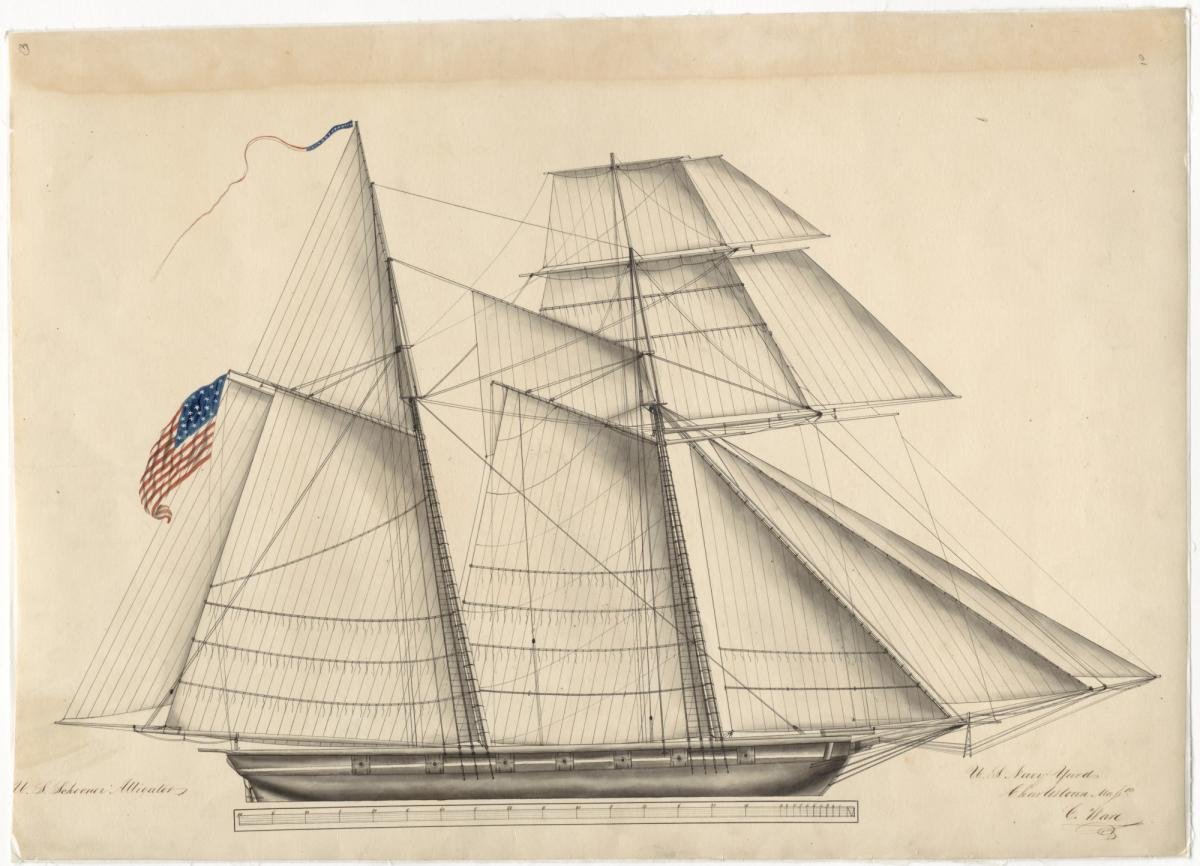
18 Feb Access to Colonial and Transatlantic Slave Trade Records: A Case for Reparative Access and Ethical Obligation
Abstract:
This article contends that countries involved in the colonial rule of Africa and the transatlantic slave trade should not impose fees for accessing records related to these historical atrocities. Rather, they have an ethical obligation to atone for their wrongdoings by making these records freely accessible to the public, particularly those of African descent. Drawing upon principles of reparative justice, historical responsibility, and ethical obligations, this article argues that providing free access to these records is essential for acknowledging past injustices, fostering historical accountability, and promoting healing and reconciliation.
Introduction:
The colonial rule of Africa and the transatlantic slave trade represent dark chapters in human history characterized by exploitation, violence, and systematic oppression. The legacies of these injustices continue to reverberate through contemporary societies, particularly among communities of African descent who continue to grapple with the intergenerational trauma inflicted by these atrocities. Central to understanding and addressing these legacies is access to historical records documenting the experiences of those impacted by colonialism and slavery. However, many countries that participated in these historical injustices have imposed fees for accessing such records, thereby perpetuating barriers to knowledge and perpetuating historical injustices. This article argues that these countries have a moral obligation to provide free access to these records as a form of reparative justice and historical accountability.
Reparative Justice and Historical Responsibility:
Reparative justice is grounded in the principle of addressing historical injustices by acknowledging harm, holding perpetrators accountable, and providing restitution to victims and affected communities. Central to reparative justice is the recognition of historical responsibility—the acknowledgment that present-day injustices are rooted in past actions and that those who benefited from historical injustices have a moral obligation to address their legacies. In the context of colonialism and the transatlantic slave trade, former colonial powers and slave-trading nations bear a particular responsibility to atone for the harms inflicted upon colonized peoples and enslaved individuals and their descendants.
Ethical Obligations and Access to Records:
Access to historical records documenting the colonial rule of Africa and the transatlantic slave trade is essential for understanding the full extent of these atrocities, documenting the experiences of those impacted, and confronting historical truths. However, many countries that were complicit in these injustices have restricted access to these records and imposed fees for their retrieval, thereby perpetuating barriers to knowledge and perpetuating historical injustices. Such practices not only hinder the pursuit of truth and historical accountability but also perpetuate systemic inequalities and reinforce power imbalances.
Moreover, charging fees for access to colonial and slave trade records perpetuates economic barriers to knowledge, disproportionately affecting marginalized communities, particularly those of African descent who continue to bear the brunt of historical injustices. By charging fees for access to these records, former colonial powers and slave-trading nations further marginalize and disenfranchise these communities, denying them the opportunity to reclaim their histories and assert their voices in shaping narratives of the past.
Conclusion:
In conclusion, countries that participated in the colonial rule of Africa and the transatlantic slave trade have a moral obligation to provide free access to records related to these historical atrocities. By doing so, they can acknowledge past wrongdoings, promote historical accountability, and contribute to healing and reconciliation processes. Upholding principles of reparative justice and historical responsibility, these countries must recognize their role in perpetuating historical injustices and take proactive steps to address their legacies. Providing free access to colonial and slave trade records is a critical step towards confronting the past, fostering understanding, and promoting justice in the present and future.


